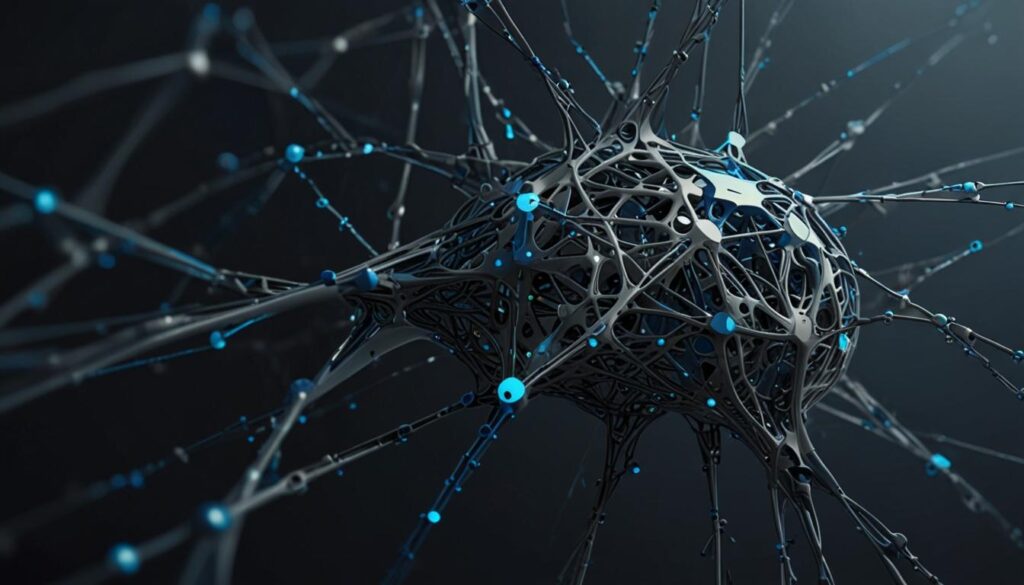The ongoing debate surrounding open source and proprietary software now extends to artificial intelligence, prompting discussions on defining ‘open source AI’ amidst complexities of accessibility, transparency, and replicability. Stakeholders, including Meta CEO Mark Zuckerberg and the Open Source Initiative, navigate the challenges to establish industry standards in the evolving AI landscape.
The debate between open source and proprietary software has now entered the realm of artificial intelligence (AI), igniting controversy. Recently, Meta CEO Mark Zuckerberg has been praised for promoting “open source AI,” although Meta’s Llama language models challenge the definition of truly being open source.
The core of this controversy lies in the definition of “open source AI.” Stefano Maffulli, executive director of the Open Source Initiative (OSI), has been working for over two years to address this issue through a series of conferences, workshops, and reports. The OSI, responsible for the Open Source Definition (OSD), recognizes that applying legacy software licensing conventions to AI models is complex.
Joseph Jacks from OSS Capital asserts that neural network weights (NNWs) used in AI cannot be equated to software source code. Jacks and colleague Heather Meeker advocate for a concept termed “open weights” instead of “open source AI.”
Meta’s Llama models illustrate these tensions. While Meta calls its AI models “open source,” their accessibility is restricted, requiring special licenses for some users. The OSI, funded by multiple tech giants including Meta, is crafting a new Open Source AI Definition. A recent grant from the Sloan Foundation aims to diversify this funding.
The draft definition includes a checklist and emphasizes transparency about data sources rather than unrestricted access to datasets. This approach recognizes that AI system replicability differs from software duplicability due to statistical and random processes in training models.
The OSI plans to finalize this definition in October at the All Things Open conference, followed by a global initiative to garner diverse input. This process underscores the evolving nature of defining “open source AI” and aims to establish standards that reflect technological advancements.










